Nobody prepares you for the moment a doctor says those words. Time stops. The world shifts. Suddenly, families find themselves drowning in medical jargon while grappling with impossible questions. That's where a hospice chaplain steps in – not with another clipboard or medication schedule, but with something different entirely. They pull up a chair. They listen. Understanding what does a hospice chaplain do might surprise families who think spiritual care means forcing religion on vulnerable people.
Key Takeaways
- These professionals work with absolutely everyone – devout Christians, practicing Muslims, spiritual seekers, and people who've never stepped foot in a church, synagogue, or mosque.
- They're full team members, not afterthoughts, collaborating directly with doctors, nurses, and other specialists to address every aspect of patient wellbeing.
- Solid research backs their effectiveness – patients experience less anxiety, families handle difficult decisions better, and overall satisfaction with care improves measurably.
- Rigorous training requirements ensure competency through graduate degrees, supervised clinical work, and specialized certifications focused on end-of-life situations.
- Their support doesn't end with the patient but extends to spouses, children, and caregivers wrestling with grief that starts long before death occurs.
.webp)
Core Responsibilities of a Hospice Chaplain
Think of a chaplain for hospice as part counselor, part detective, part friend. They piece together what matters most to each person they meet.
Getting to know someone's spiritual story comes first. No assumptions here. Some patients light up talking about their faith. Others get uncomfortable at the mention of God. Still others describe finding the sacred in morning coffee or grandchildren's laughter. Chaplains meet people exactly where they are.
Simply showing up matters more than fancy techniques. Picture this: a man hasn't spoken in days, but when the chaplain arrives, he squeezes her hand. A woman who's been snapping at nurses starts crying the moment someone asks how she's really doing. Being present during someone's worst day requires a special kind of courage.
Navigating family chaos keeps chaplains busy. Siblings who haven't talked in years suddenly must make life-or-death decisions together. Adult children feel guilty about past mistakes. Marriages strain under caregiving pressure. Chaplains help families communicate when emotions run too high for rational conversation.
Working with the medical team ensures spiritual concerns don't get overlooked. Maybe a patient's fear about divine punishment is making pain worse. Perhaps family conflicts are interfering with treatment plans. Chaplains translate between the world of medical facts and human feelings.
Teaching about grief helps families understand why they're falling apart. Anticipatory grief blindsides most people. Why does Mom feel angry when Dad's still alive? Why can't she stop crying over seemingly small things? Normal reactions to abnormal situations need explanation.
The Interdisciplinary Team Approach
Modern hospice care works like an orchestra – every instrument playing its part to create something beautiful. What is a hospice chaplain becomes clearer when you see how they harmonize with other professionals.
Doctors focus on symptoms. Nurses handle medications. Social workers tackle paperwork and family logistics. But who addresses the spiritual pain that makes physical pain worse? Who helps when medical interventions clash with deeply held beliefs? That's the chaplain's territory.
Think of it this way: physical comfort and spiritual comfort aren't separate things. They're tangled together like roots of an old tree. A patient's terror about the afterlife can make morphine less effective. Peace about their spiritual condition often helps pain medications work better.
Personal care assistants spend the most intimate time with patients – helping them bathe, dress, and manage daily needs. They notice when someone seems spiritually troubled or when family tensions spike. Smart chaplains listen to these observations carefully.
Even technical aspects of care benefit from chaplain involvement. When medical equipment becomes necessary for comfort, chaplains help maintain dignity. They ensure hospital beds and oxygen machines don't crowd out opportunities for meaningful connection and prayer.
Serving Patients Across All Belief Systems
Here's what throws people off: chaplain in hospice work isn't about converting anyone to anything. Period. These professionals serve people across the entire spectrum of human belief and disbelief.
Deeply religious folks get exactly what they need. Catholic patients receive communion adapted for home settings. Jewish families get help honoring Sabbath traditions around medical schedules. Muslim patients receive assistance with prayer positioning when illness makes normal practices difficult. Chaplains coordinate with existing religious communities rather than replacing them.
Spiritual but not religious people find chaplains who explore personal beliefs without judgment. Conversations might focus on connections with nature, meaningful relationships, or personal values that have guided their lives. No pressure to join anything or believe specific doctrines.
Atheists and agnostics discover chaplains offer practical emotional support without supernatural baggage. They might help patients review their life's accomplishments, identify their legacy, or simply provide compassionate presence when fear takes over. The focus stays on human concerns rather than divine ones.
People questioning their faith get safe space to express doubt, anger, or confusion. Terminal illness shakes previously solid beliefs. Some patients rage at God they once trusted. Others wonder if their doubts disqualify them from heavenly comfort. Chaplains don't defend theology – they walk alongside people wrestling with ultimate questions.
Different approaches. Same goal: helping each person find peace in their own way.
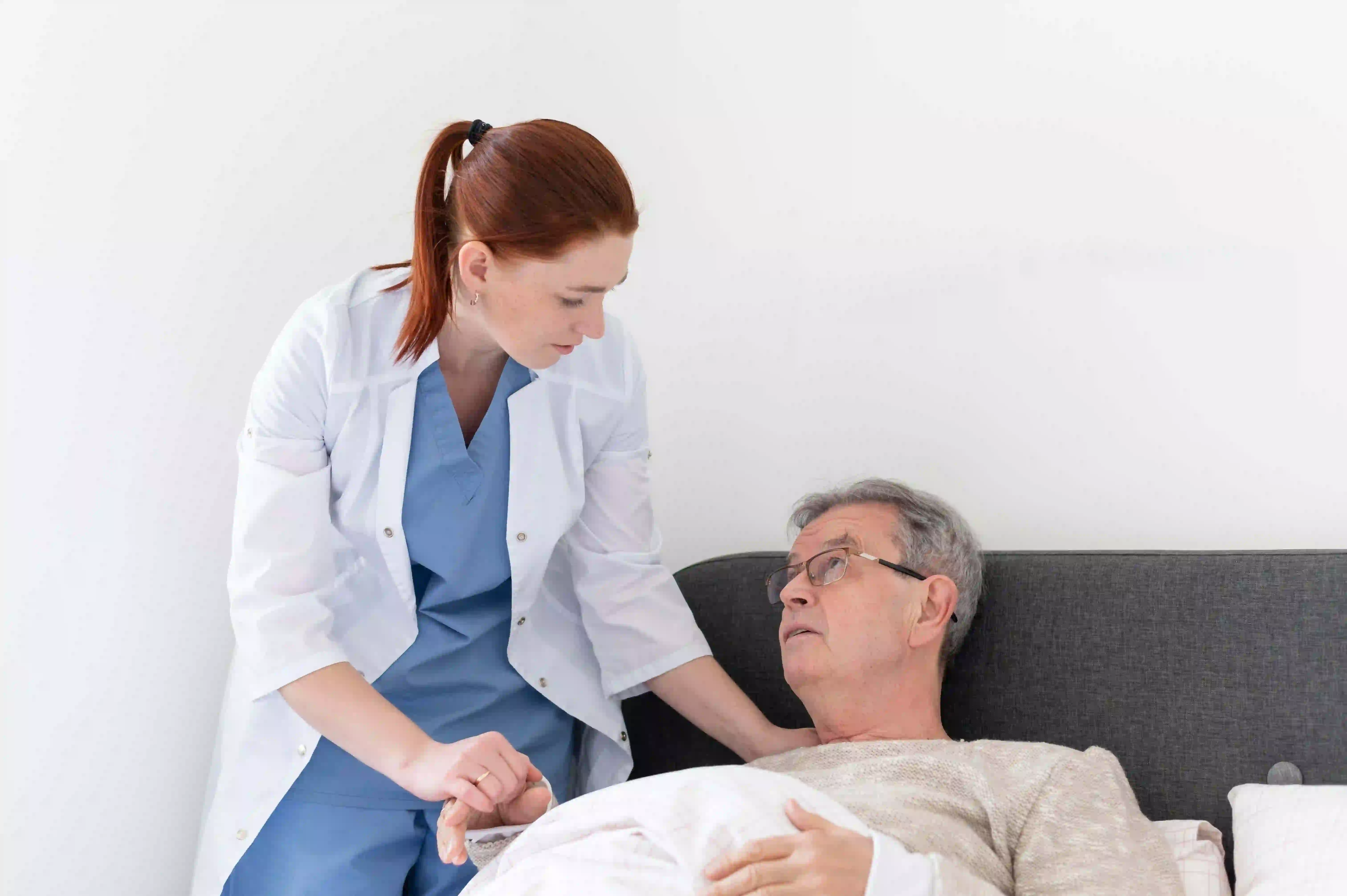
Education, Training, and Professional Development
Becoming a hospice chaplain isn't something you stumble into after weekend training. The preparation rivals other healthcare specialties in depth and rigor.
Educational Requirements
- Seminary degrees (Master of Divinity) provide traditional foundation in theology, religious studies, and pastoral care techniques across various faith traditions
- Religious studies master's programs offer broader academic preparation in world religions and spiritual practices without denominational constraints
- Healthcare-focused spiritual care degrees emphasize medical applications and clinical intervention strategies
Hands-On Training
- Clinical pastoral education means working supervised in hospitals, hospices, or medical centers for extensive periods learning real-world chaplain skills
- Specialized end-of-life training focuses specifically on death-related spiritual concerns, family dynamics, and grief counseling approaches
- Bereavement specialist preparation teaches skills for supporting families through loss, mourning processes, and adjustment challenges
Professional Standards
- Board certification requires completing education, supervised experience, and rigorous competency examinations demonstrating chaplain readiness
- Advanced practice credentials recognize experienced chaplains qualified to supervise others and lead spiritual care departments
- Hospice specialty recognition acknowledges particular expertise in end-of-life spiritual care and palliative approaches
Ongoing education keeps these professionals current with evolving research and best practices. This isn't amateur hour.
How Chaplains Make a Difference
Skeptics sometimes wonder if chaplain services actually help or just make families feel good. Research provides clear answers.
Patient satisfaction jumps when chaplain services get involved. Most people who meet with chaplains initially continue those relationships throughout their hospice experience. Patients consistently report feeling "understood on a deeper level" – something they rarely experience with other healthcare interactions.
Anxiety levels drop measurably among patients receiving regular chaplain visits. Depression scores also improve compared to those who decline spiritual care. These aren't placebo effects – they're documented clinical outcomes.
Family functioning improves dramatically when chaplains work with entire family systems rather than just patients. Communication about end-of-life preferences gets clearer. Conflicts over care decisions decrease. Emotional preparation for death becomes more realistic and healthy.
Treatment decisions align better with personal values when spiritual support is available. Patients receiving chaplain care make choices that reflect their beliefs rather than pursuing aggressive medical interventions that conflict with their spiritual understanding.
Death experiences become more peaceful when chaplains are involved. Patients die more often at home surrounded by family rather than in intensive care pursuing futile treatments. This isn't about giving up – it's about dying well.
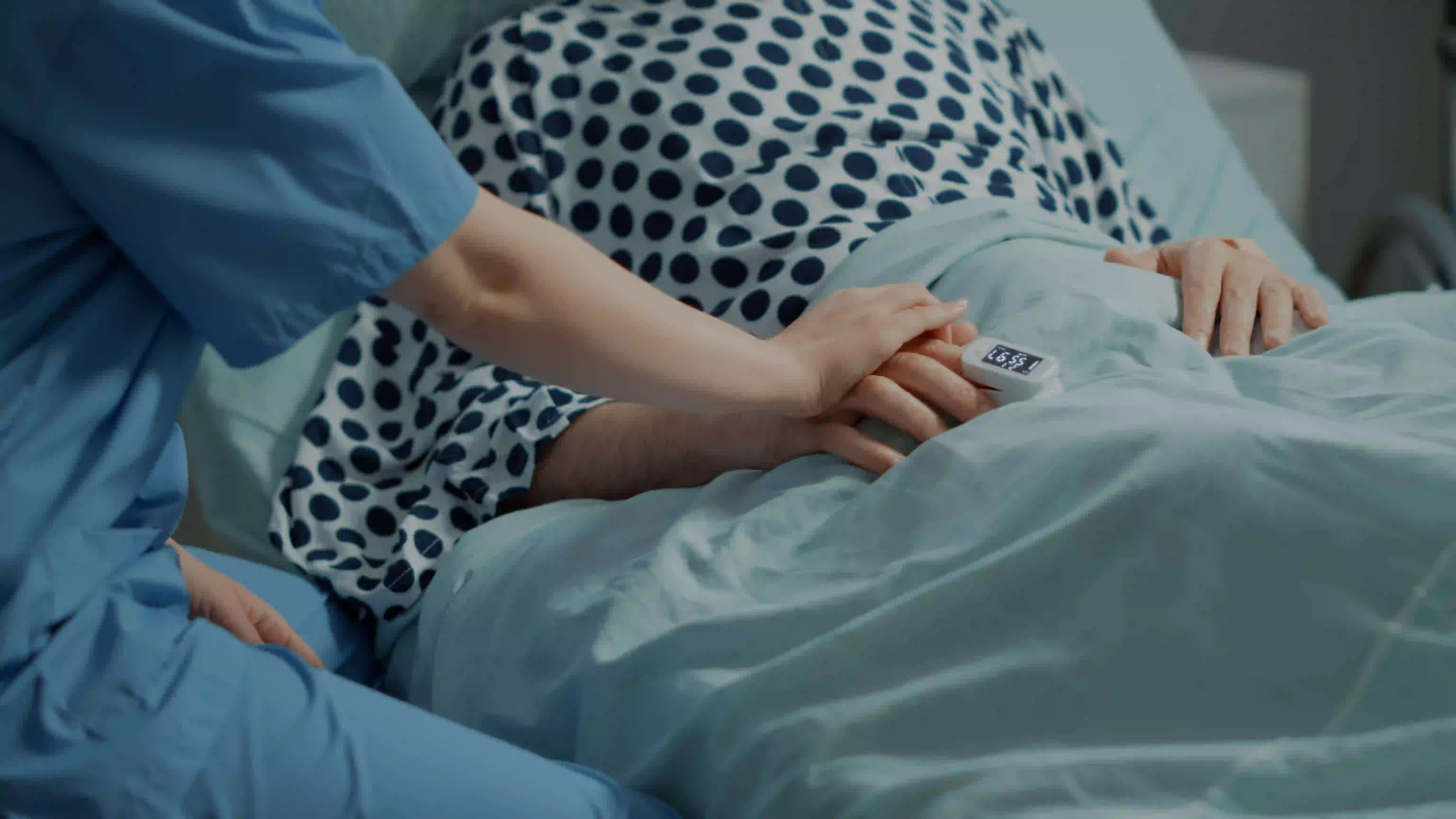
When and How Chaplains Get Involved
Most families have never worked with chaplains before. The process might seem mysterious, but it follows predictable patterns.
First contact usually happens during initial hospice intake when coordinators explain available services. They emphasize that chaplain care is completely optional and covered under standard benefits. No religious requirements or expectations exist.
Getting acquainted involves chaplains learning about individual spiritual backgrounds through gentle conversation. They ask about religious history, current practices, family faith dynamics, and specific concerns related to illness and approaching death. No formal questionnaires or awkward interrogations.
Scheduling stays flexible based on patient energy and preferences. Some folks appreciate regular weekly visits providing consistent emotional support. Others want chaplains available for spiritual emergencies or unexpected family crises. Many start with structured meetings and shift to as-needed arrangements.
Family involvement happens naturally unless patients request private spiritual conversations. Most chaplains work with entire family networks since terminal illness affects everyone involved in patient care and support.
Medicare covers all chaplain services completely. Private insurance usually follows similar patterns. Nobody pays extra for spiritual care.
FAQ
Do I have to be religious to benefit from a hospice chaplain's services?
Absolutely not. These professionals work with people holding every conceivable belief system, including complete non-belief, focusing on emotional support and personal meaning rather than religious conversion.
How much do hospice chaplain services cost?
Nothing extra. Medicare hospice benefits cover all chaplain services completely, and most private insurance follows the same pattern.
How does a hospice chaplain differ from my regular pastor or priest?
Hospice chaplains receive specialized healthcare training and work as integrated medical team members serving patients from all faith backgrounds rather than representing particular denominations.
How often do chaplains visit patients?
Entirely depends on individual needs and preferences, ranging from weekly scheduled visits to emergency-only availability when spiritual crises arise.
Can family members also receive support from the chaplain?
Yes. Chaplains provide grief counseling, family mediation, and spiritual guidance to caregivers during the hospice experience and extended bereavement periods afterward.



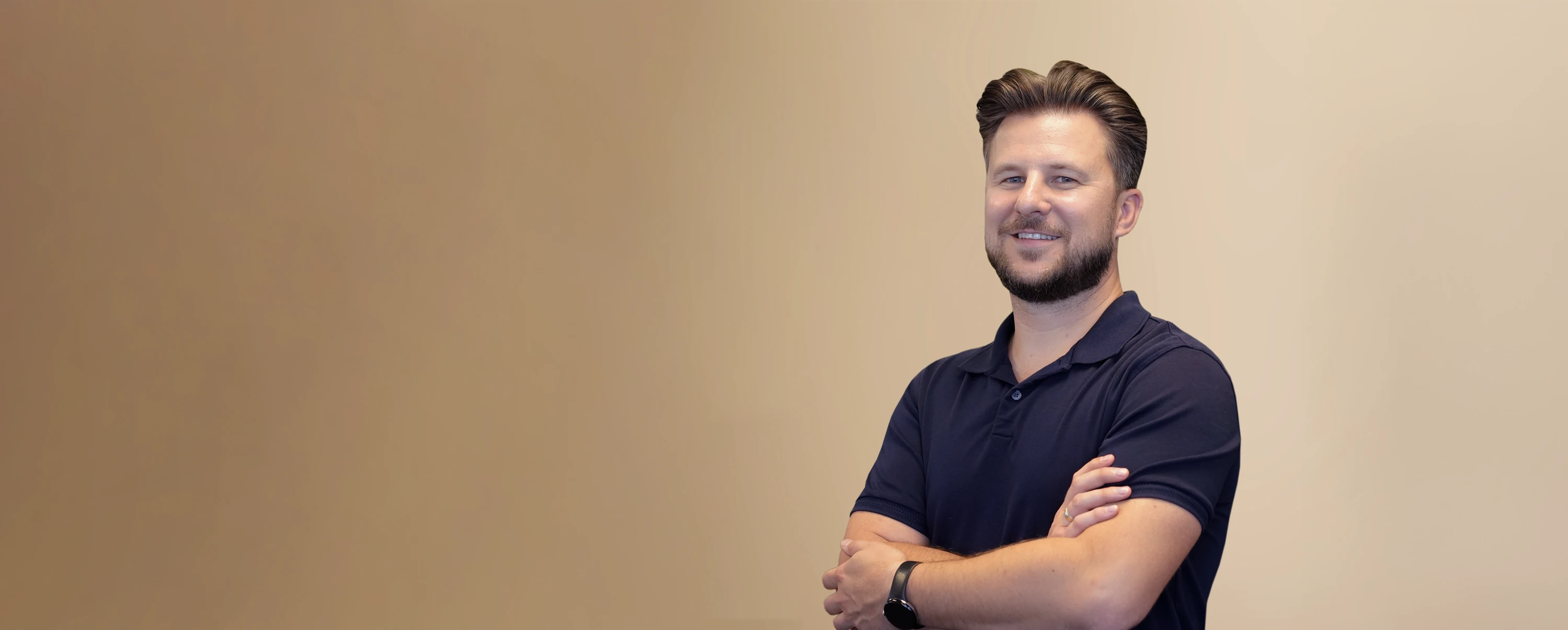
.webp)









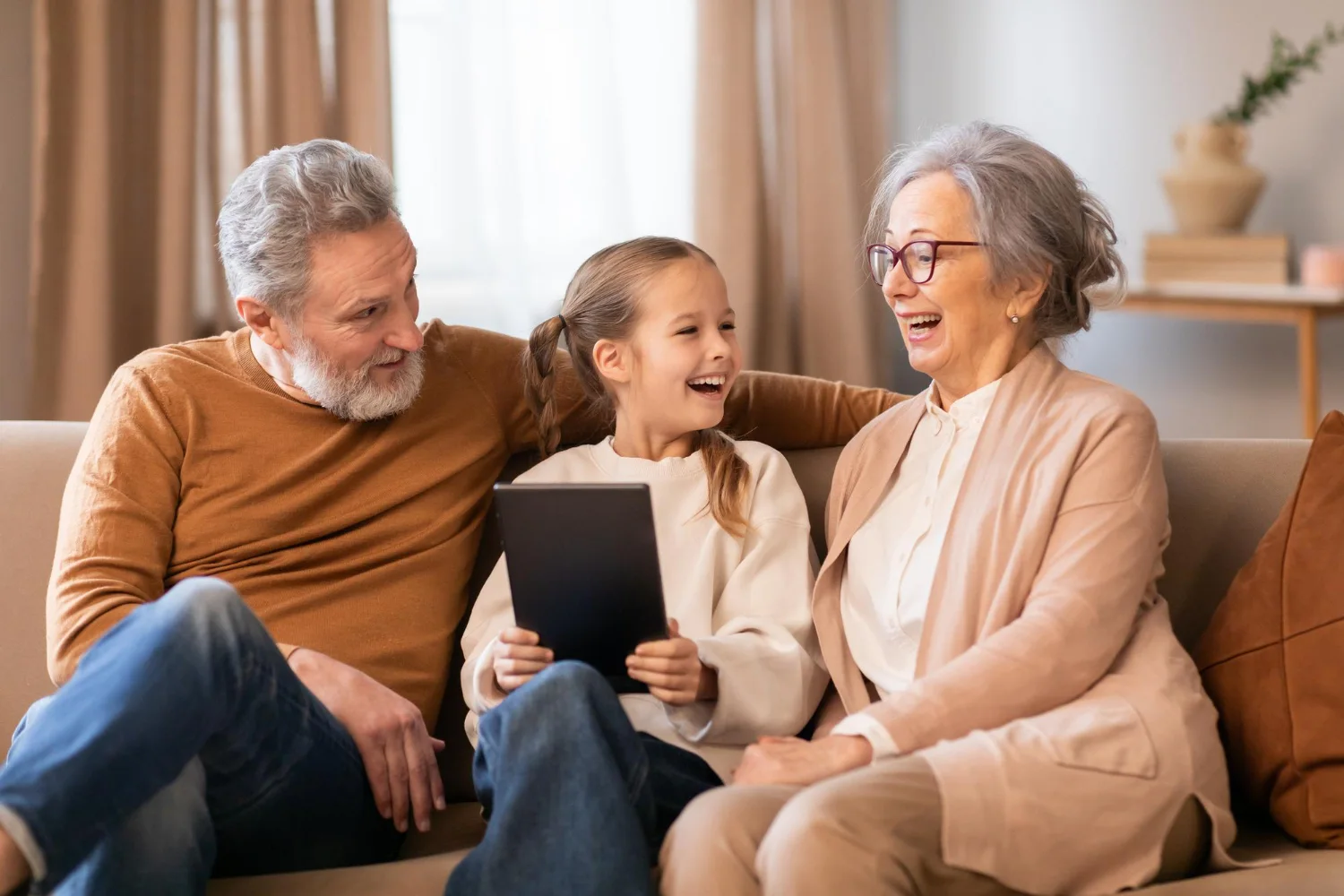

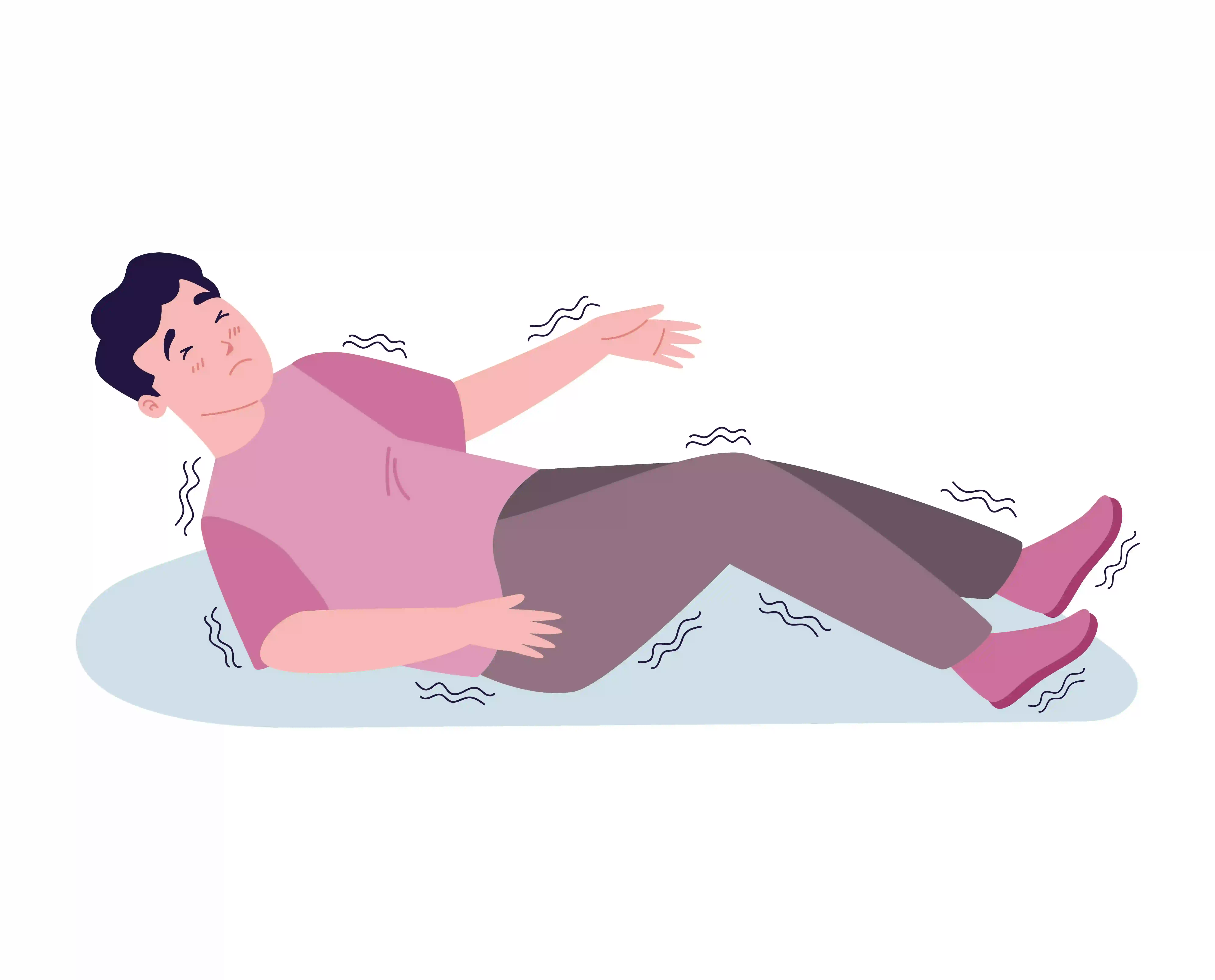
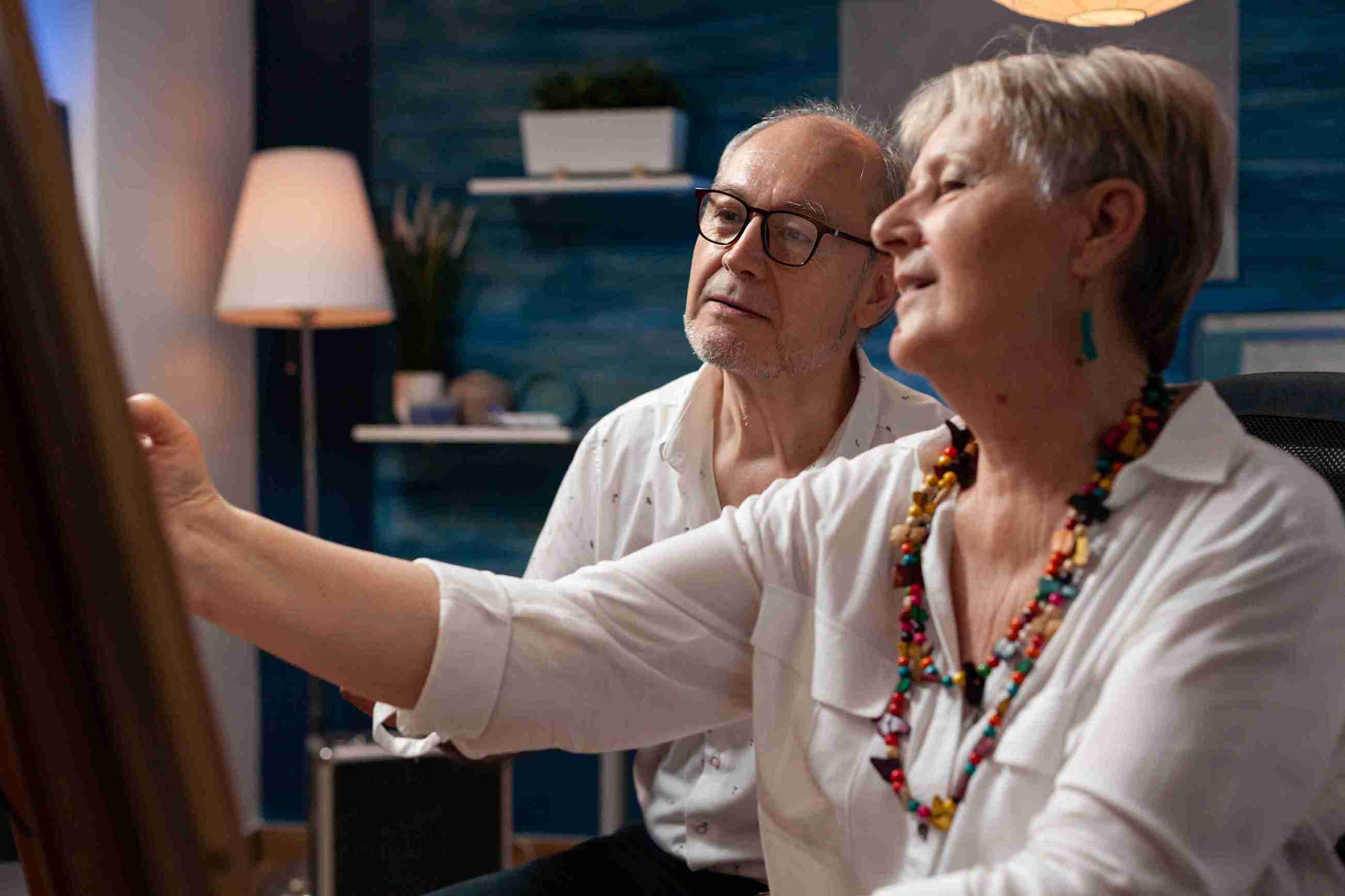
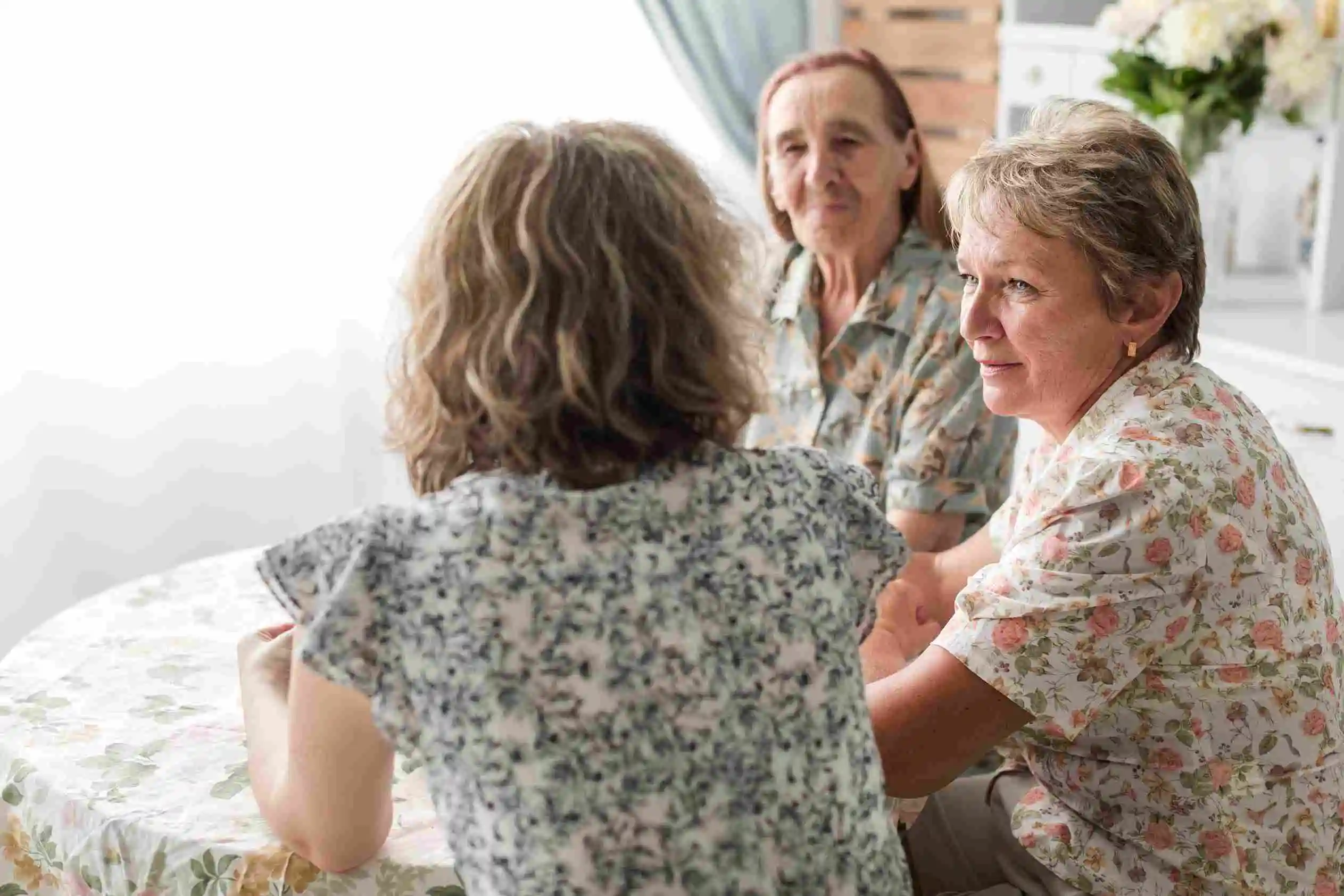
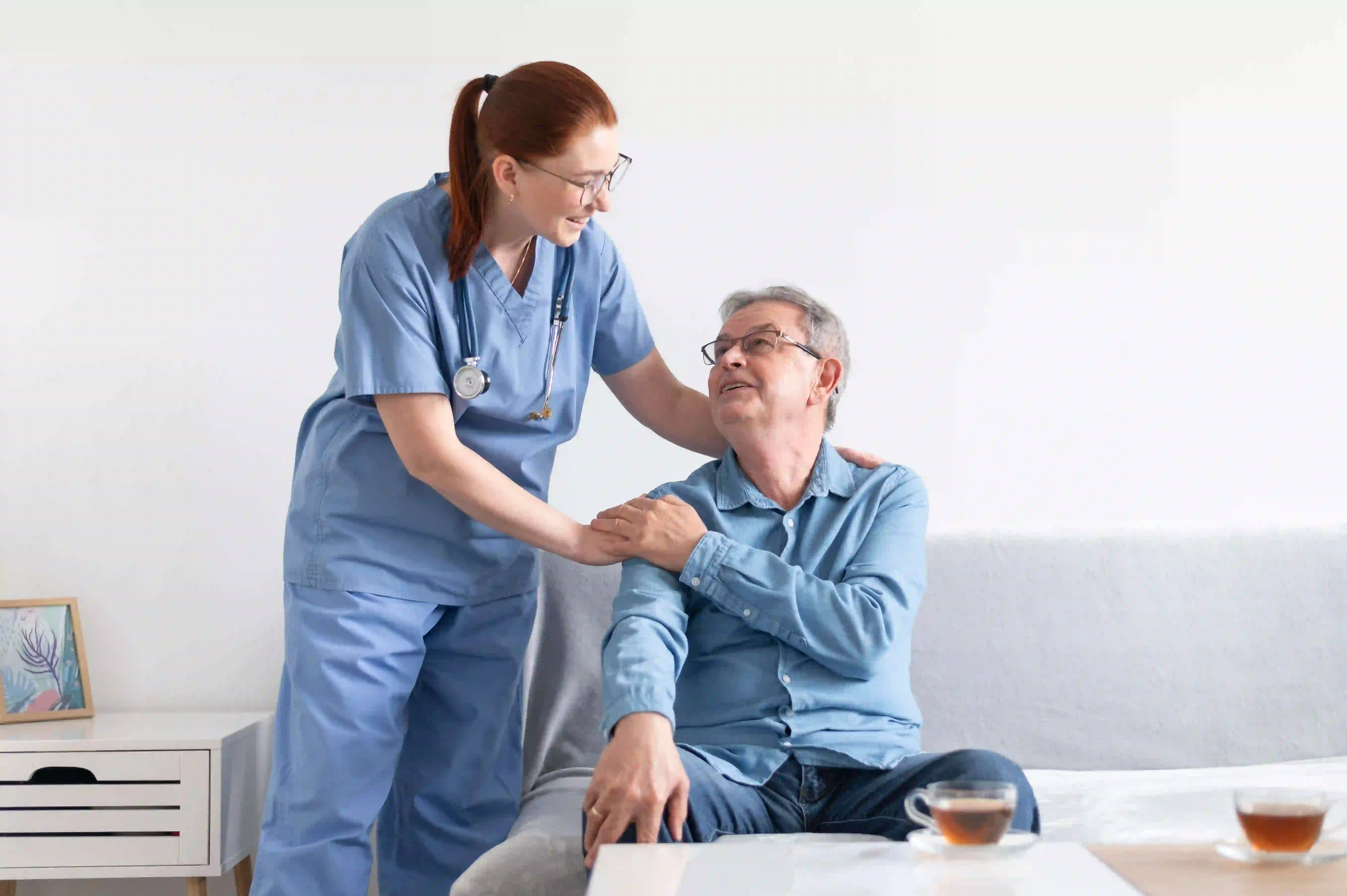
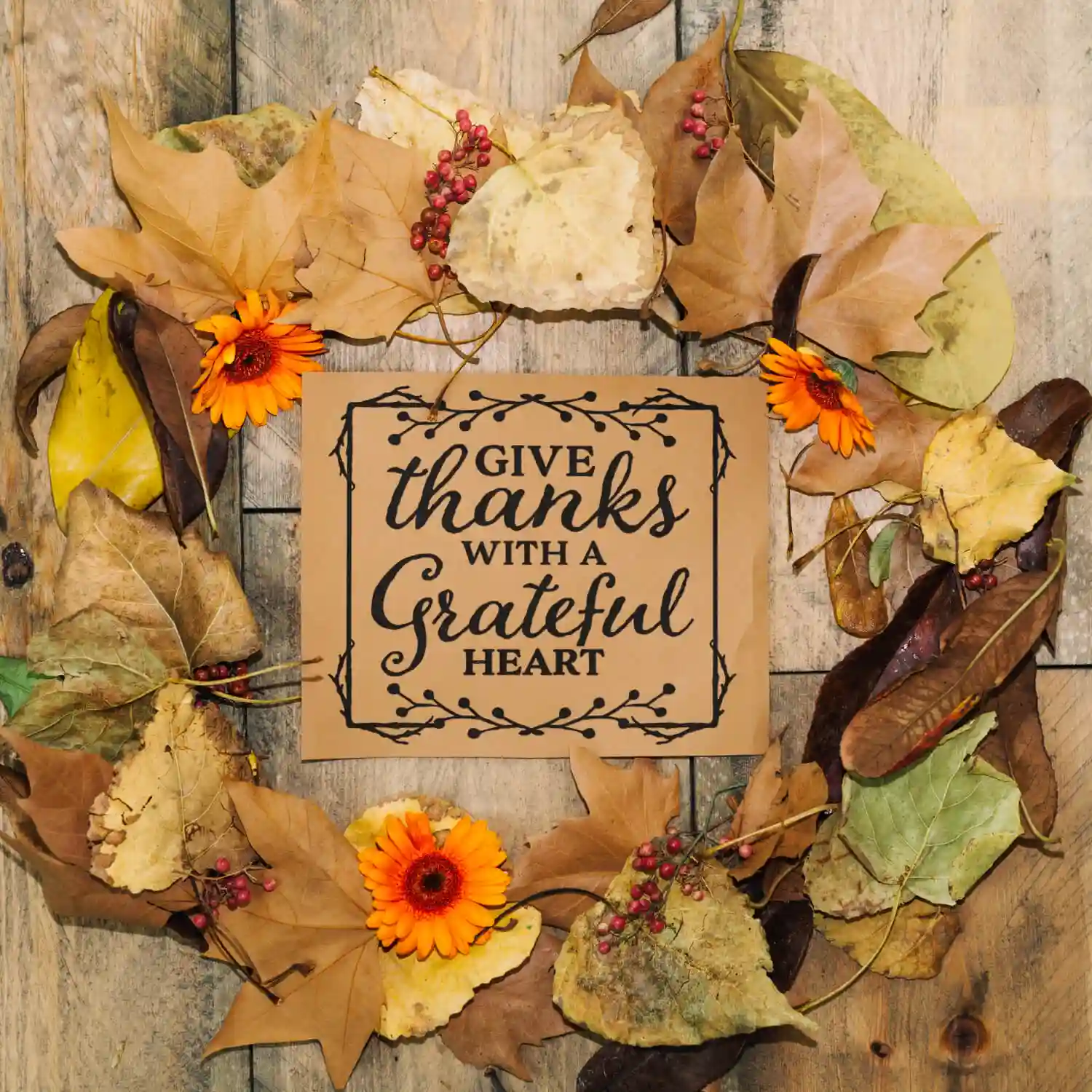
.webp)


